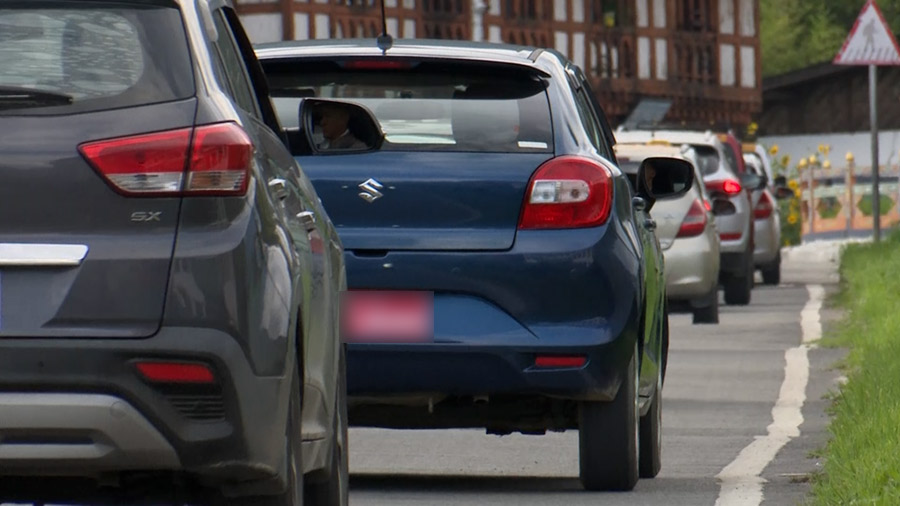
The vehicle import moratorium which has been in effect for almost two years is expected to be finally lifted in August of this year. While this caused a lot of inconvenience to all sections of society, one group which has profited from it has been those dealing in second-hand cars. Our reporter Kinzang Lhadon was able to talk to a few of these brokers and listen to their stories
The government imposed a ban on the import of vehicles in August, 2022. This was for six months and did not apply to utility vehicles. It was done as an economic recovery measure to preserve the country’s dwindling foreign reserves. The moratorium was extended thrice.
The ban which has been running for one year and ten months now has had a lot of impact on the people especially for those working in the country’s automotive industry such as car dealers and workshops.
But in the same sphere, the second-hand car trade has been an entirely different story. Sellers of used cars have been able to get good prices, and despite the high costs, there has been no shortage of buyers.
BBS was able to talk to some of the licensed brokers who said that one of the negatives of this was the surge in the number of unlicensed used-car sellers.
Beden Sanyasi who has been working as a licensed second-hand car dealer for more than six years says there is a lot of unfair competition since the unlicensed brokers do not have to pay taxes.
“Nowadays, many youths are working as brokers without licenses. This has been affecting us because we have to pay our employees as well as rent. Sometimes, we cannot meet these expenses. Moreover, the price of second-hand vehicles have drastically increased. For instance, an Alto that used to cost Nu 180,000 is now selling at around Nu 230,000,” said Beden Sanyasi, a second-hand car dealer.
BBS talked to several other licensed dealers who refused to come on camera but said that the high prices has also damaged the public’s trust in them.
Bishnu, another licensed broker, says the general public are also taking advantage of the situation which resulted in the sharp price increase.
“When vehicle imports are banned, we as brokers also suffer. Customers demand higher prices from us, and when we sell the vehicles, the prices increase even more. Then the customers complain to us,” said Bishnu Dolma, a second-hand car dealer.
They added that owing to the competition from unlicensed brokers, it has become difficult to sustain their businesses.
BBS also met several unlicensed brokers. They all refused to talk on camera. This group includes office-goers, cabbies, basically people from all walks of life. Most of them shared that they are doing this to make an extra income.
Meanwhile, the Regional Office of Industry, Commerce and Employment says they have not received any formal complaints as of now.
Kinzang Lhadon
Edited by Yeshi Gyaltshen







